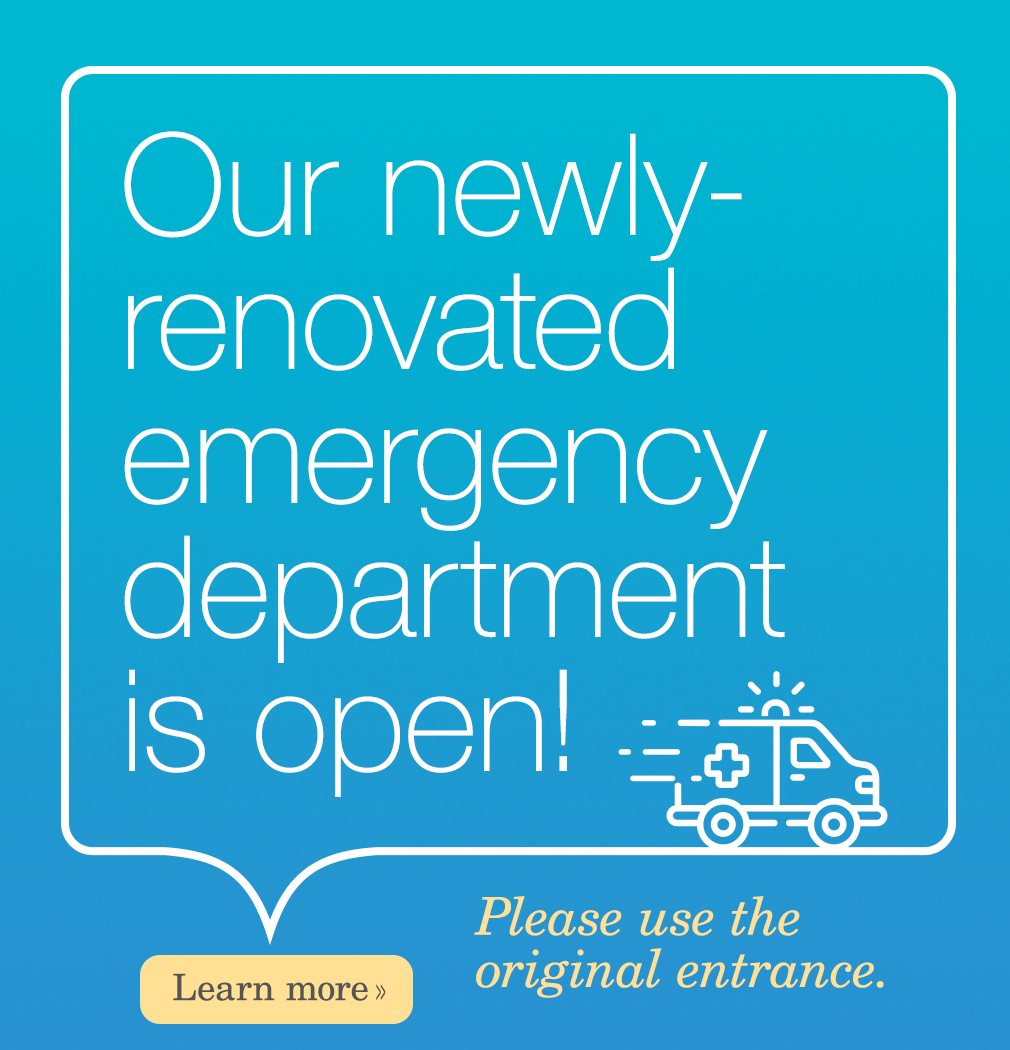It could, and that is a significant concern. As the House of Representatives conducted the start of the Legislature’s work relating to the Governor’s proposed budget, they are doing so while faced with the challenge of filling a budget shortfall of more than $100 million. In that effort, as part of broad package to increase revenues from taxes by $35 million, the House Ways and Means Committee approved a plan to cap “itemized deductions at 2.5 times the standard deduction.” We have seen reports that put a value of $5 million value on including such a cap on charitable deductions. We fully understand the attractiveness of that figure in a particularly challenging budget year. However, we have also seen reports that the experience of other states is that such a strategy has hurt community not-for-profits who rely on philanthropic contributions to provide essential services. That is a significant concern, as smaller not-for-profit organizations can have a delicate financial existence that hinge on philanthropic support, particularly in times when other funding streams (such as State or Federal funding) are being reduced. As the budget work moves forward, we are hoping the Legislature will not include this cap on deductions relating to charitable donations.
As such, NMC Development Director Jeff Moreau and I reached out to our local delegation to share our concerns. In our letter to our local Legislative Delegation, we said: “We are writing with great appreciation regarding the difficult budget situation that the State of Vermont is currently facing. At the same time, we do not need to remind you that the decisions that we make today will have a longstanding impact on the wellbeing of our citizens. With cuts to a variety of health and human service programs across our region, the importance of local community philanthropy has become more important than ever. With that said, we are concerned with the proposed legislation, which seeks to cap charitable deductions. We only need to look to other states that have learned the hard way and subsequently reversed their decision, that capping the charitable tax deduction has a tremendously adverse impact on local communities.”
Along with others who have made their voices heard on the matter, we share a concern that a cap in itemized deductions will constrict donations and jeopardize the ability of local service organizations to continue to provide necessary services, particularly for Vermont’s low-income or otherwise vulnerable families. I understand that some might question whether donors will truly change their giving habits because they may get less offset in their taxes. While some donors may continue to give despite the change, others may find it challenging to do so. I go back to the vital importance these philanthropic donation dollars have in many organizations who assist the neediest in our community. I hope that policy makers can see that a tax change that could discourage charitable giving is different from other tax changes. In this instance, it is not simply about the amount of money being raised by the tax change to help with the State budget. In this instance, it is also about the unintended consequence of a negative financial impact on efforts to serve the greater good in our community. I think a case can be made that limiting the charitable tax deduction could ultimately end up costing tax payers more money as State agencies are forced to step in and ensure the continuation of essential services that donors had previously helped fund through community not-for-profits. If anything, I wonder if the tax code should be revised to further incentivize charitable giving, rather than discouraging it, and thereby helping the community not-for-profits take on an even bigger role through donor support.
Once again, I find myself reflecting on the hard work of the Legislature and Vermont’s other elected officials as they seek to find the best path forward for our State. I am thankful that our delegation is so accessible and willing to consider various points of view as part of their work. I encourage you to join me in speaking to our elected leaders as they work through these important issues. By working together, we are far more likely to find the best path forward.
— Jill Berry Bowen, NMC’s Chief Executive Officer

